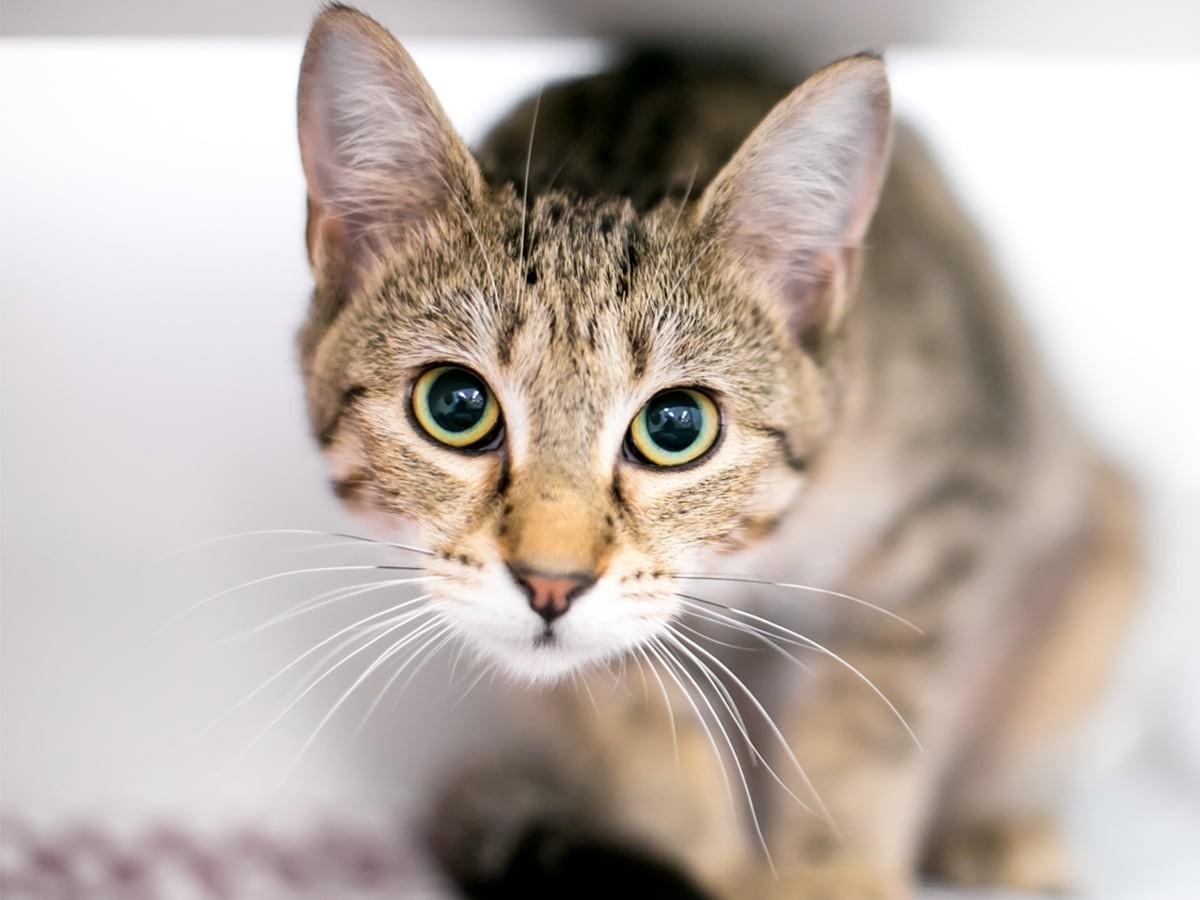Cats, with their purrs and playful antics, sometimes exhibit a strange behavior: they shake. This trembling can range from subtle twitches to pronounced shivers and can occur for various reasons. This article explores the underlying causes of feline tremors, providing insights into the science and physiology behind these shaking episodes.
Why do Cats Shake?
Fear and Anxiety: Cats, like many animals, experience fear and anxiety, and these emotions can manifest in physical ways, including trembling. Sudden changes in their environment, encounters with unfamiliar people or animals, or loud noises can trigger fear-induced shaking.
Excitement or Anticipation: While shaking is often associated with negative emotions, it can also occur in response to positive ones. Cats may shake with excitement or anticipation, particularly during playtime or when expecting treats or food.
Cold Temperatures: Cats, like most mammals, need to maintain a stable body temperature. When they get too cold, their muscles may start to tremble as a way of generating heat and staying warm.
Neurological Conditions: In rare cases, shaking in cats can be a symptom of neurological disorders, such as cerebellar ataxia or epilepsy. These conditions affect the nervous system, causing tremors or involuntary muscle contractions.
Pain or Discomfort: Shaking can also be a sign of pain or discomfort in cats. Underlying medical conditions, such as arthritis, joint pain, or digestive issues, can cause muscle tremors. Additionally, injuries or external wounds can lead to localized shaking or trembling.
Expert Insights From Spot
While reviewing our internal data, data analysts here at Spot found that 5% of the claims submitted in 2023 so far have been for joint pain, with Arthritis being one of the top five most common conditions reported. Gastrointestinal claims have made up 9% of claims submitted so far this year and on average cost 117% more than the average claim of $386.
If you notice shaking in your cat and are concerned it might be caused by a medical condition, look out for some of the following signs to decide if it is time to schedule an appointment with your vet.
How do I know when it's time to take my cat to the vet?
According to the article “Why is My Cat Shaking and Shivering,” written by DVM Laci Schaible, if you notice your cat shaking in combination with other clinical signs, it is time to seek veterinary care for your pet. These signs include:
Changes in appetite
Urinating inappropriately or straining
Stinky breath or excessive salivation
Increased or decreased weight
Increased or decreased activity level
Increased or decreased water and food intake
Changes in grooming patterns
Changes in sleeping patterns
Changes in attitude
Hiding more (beyond hiding when exposed to a new environment)
Vocalization changes
Key Takeaways
Shaking in cats can have various causes, ranging from normal physiological responses to underlying medical conditions. It's important to observe the context and frequency of the shaking to determine the underlying cause. If you notice persistent or excessive shaking in your cat, consult a veterinarian to rule out any health issues and receive appropriate guidance.

If you need a story or someone to talk to your cat like a person, I’m your person. With 3 cats, 1 dog, and a lifetime of pets, I write from experience, usually with a cat on my keyboard and a dog in my lap.











